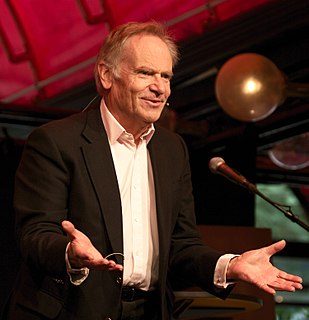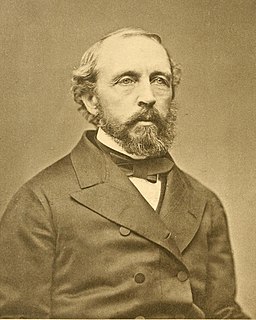A Quote by Joseph Addison
There is no talent so pernicious as eloquence to those who have it under command.
Related Quotes
Extemporaneous and oral harangues will always have this advantage over those that are read from a in manuscript: every burst of eloquence or spark of genius they may contain, however studied they may have been beforehand, will appear to the audience to be the effect of the sudden inspiration of talent.
I have often come across convinced adepts of Greek mythology who mock our faith under the pretext that we do not say anything else to those whom we instruct in divine things, but merely command them to believe.
They accuse the apostles of ignorance, labelling them barbarians, because they do not have the subtlety of eloquence; and they say that the cult of martyrs is ridiculous, considering it completely absurd for the living to seek assistance from the dead.
Every company, regardless of size, is competing for the same pool of talent, which is why top recruiters can even command equity for finding key hires. Internships give startups a chance to hire the best and brightest from our universities at a fraction of the cost that these same minds will command when they receive their degrees.
Everybody has talent and it's just a matter of moving around until you've discovered what it is. A talent is a combination of something you love a great deal and something you can lose yourself in - something that you can start at 9 o'clock, look up from your work and it's 10 o'clock at night - and also something that you have a talent, not a talent for, but skills that you have a natural ability to do very well. And usually those two things go together.
Only the man who follows the command of Jesus single-mindedly, and unresistingly lets his yoke rest upon him, finds his burden easy, and under its gentle pressure receives the power to persevere in the right way. The command of Jesus is hard, unutterably hard, for those who try to resist it. But for those who willingly submit, the yoke is easy, and the burden is light.





































